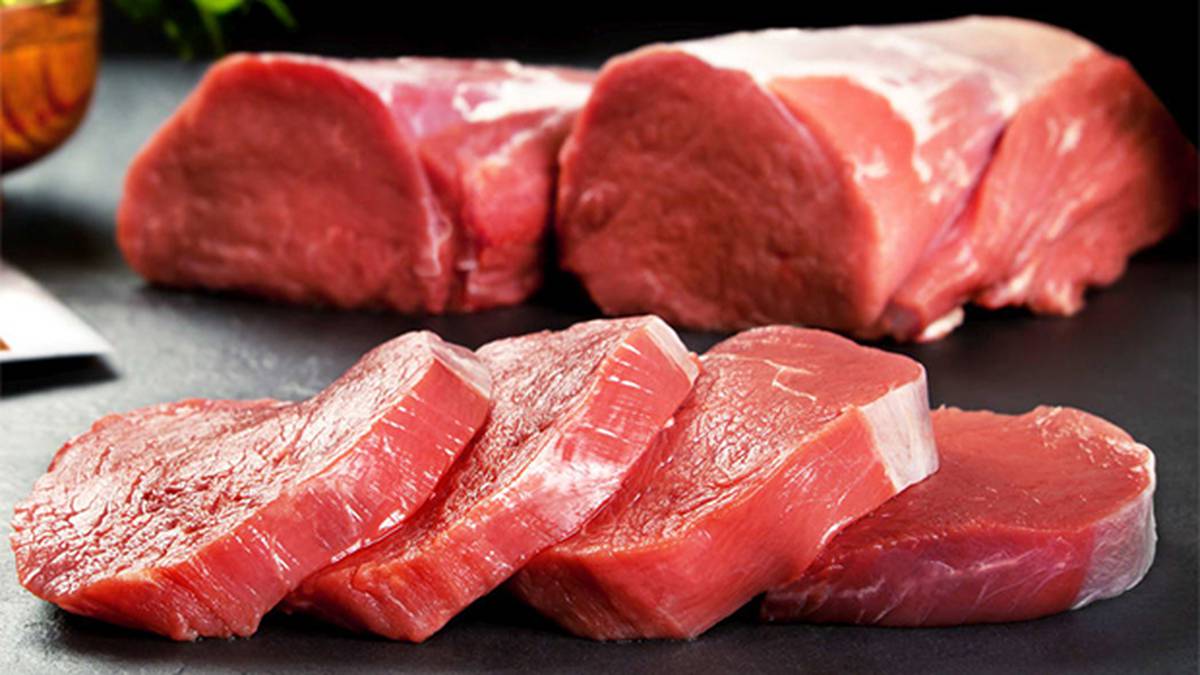Business
Demand for Homekill Meat Surges as Costs Rise in New Zealand

The rising cost of living in New Zealand is driving increased demand for homekill meat, according to local butcher specialist Aaron Pohatu. As consumers face soaring prices for traditional supermarket meat, many are turning to homekill services as a more affordable and flavorful alternative. The cost of beef steak has surged by 25% in the past year, prompting consumers to seek options that fit their budgets.
Pohatu, who has extensive experience in the homekill industry, explained that processing meat at home offers significant savings compared to purchasing from grocery stores. He emphasized that not only is the price often lower, but the taste of homekill meat is superior. “We are seeing more people interested in getting their own livestock processed, and they are really pleased with the results,” he stated.
Cost of Living Crisis Drives Change
The current economic climate in New Zealand has made it increasingly difficult for households to manage grocery bills. As prices for even cheaper cuts of meat rise, the appeal of homekill services has grown. Those opting for this method can expect to pay less while receiving a product that is tailored to their preferences.
Pohatu highlighted that the homekill process allows consumers to have direct control over the quality of their meat. “People appreciate knowing where their food comes from. It offers a level of transparency that you don’t always find in supermarkets,” he noted in an interview with local hosts Matt and Tyler.
The increase in demand for homekill services is not limited to affluent consumers; it spans across various demographics. Many families are looking for cost-effective solutions to feed their households without compromising on quality. The trend reflects a growing desire for sustainable and ethical food sourcing, aligning with a broader global movement toward more conscious consumption practices.
Looking Ahead: A Sustainable Choice
As more individuals and families explore homekill options, the industry may see further growth in the coming months. Pohatu believes that this shift could lead to a more significant appreciation for local farming and butchery. “If we can help people connect with their food sources, that can only be a positive thing,” he said.
The homekill service not only supports local farmers but also encourages consumers to engage with their food in a more meaningful way. With the cost of living crisis showing no signs of abating, this trend is likely to continue as consumers seek practical and tasty alternatives to conventional meat purchases.
In summary, the rising demand for homekill meat in New Zealand reflects both economic necessity and a growing preference for quality and sustainability. As specialists like Pohatu lead the way, this trend may redefine how New Zealanders approach their meat consumption in an increasingly challenging economic landscape.
-

 World2 weeks ago
World2 weeks agoPrivate Funeral Held for Dean Field and His Three Children
-

 Top Stories2 weeks ago
Top Stories2 weeks agoFuneral Planned for Field Siblings After Tragic House Fire
-

 Sports3 months ago
Sports3 months agoNetball New Zealand Stands Down Dame Noeline Taurua for Series
-

 Entertainment3 months ago
Entertainment3 months agoTributes Pour In for Lachlan Rofe, Reality Star, Dead at 47
-

 Entertainment2 months ago
Entertainment2 months agoNew ‘Maverick’ Chaser Joins Beat the Chasers Season Finale
-

 Sports3 months ago
Sports3 months agoSilver Ferns Legend Laura Langman Criticizes Team’s Attitude
-

 Sports1 month ago
Sports1 month agoEli Katoa Rushed to Hospital After Sideline Incident During Match
-

 World3 weeks ago
World3 weeks agoInvestigation Underway in Tragic Sanson House Fire Involving Family
-

 Politics2 months ago
Politics2 months agoNetball NZ Calls for Respect Amid Dame Taurua’s Standoff
-

 Top Stories2 weeks ago
Top Stories2 weeks agoShock and Grief Follow Tragic Family Deaths in New Zealand
-

 Entertainment3 months ago
Entertainment3 months agoKhloe Kardashian Embraces Innovative Stem Cell Therapy in Mexico
-

 World4 months ago
World4 months agoPolice Arrest Multiple Individuals During Funeral for Zain Taikato-Fox
















